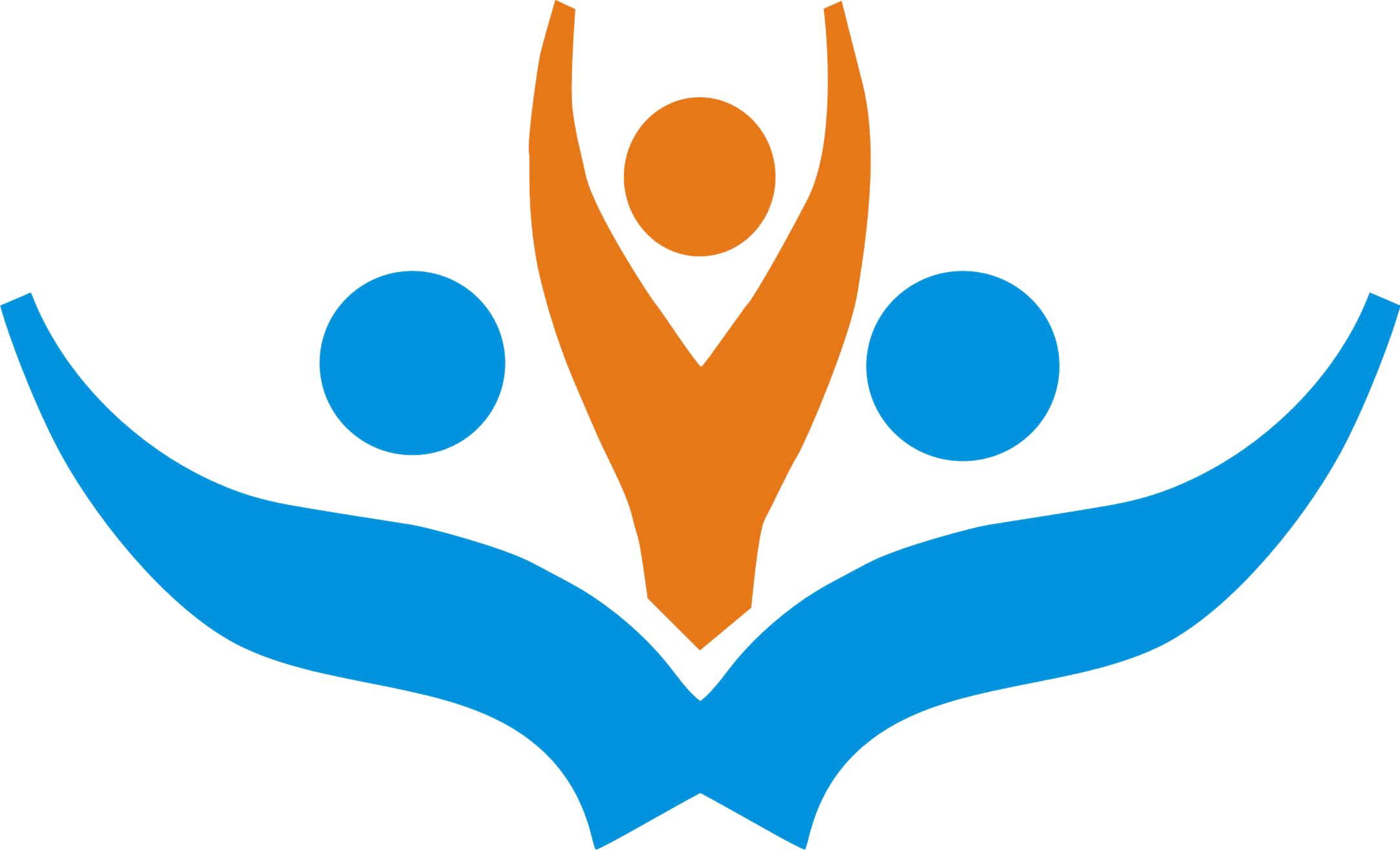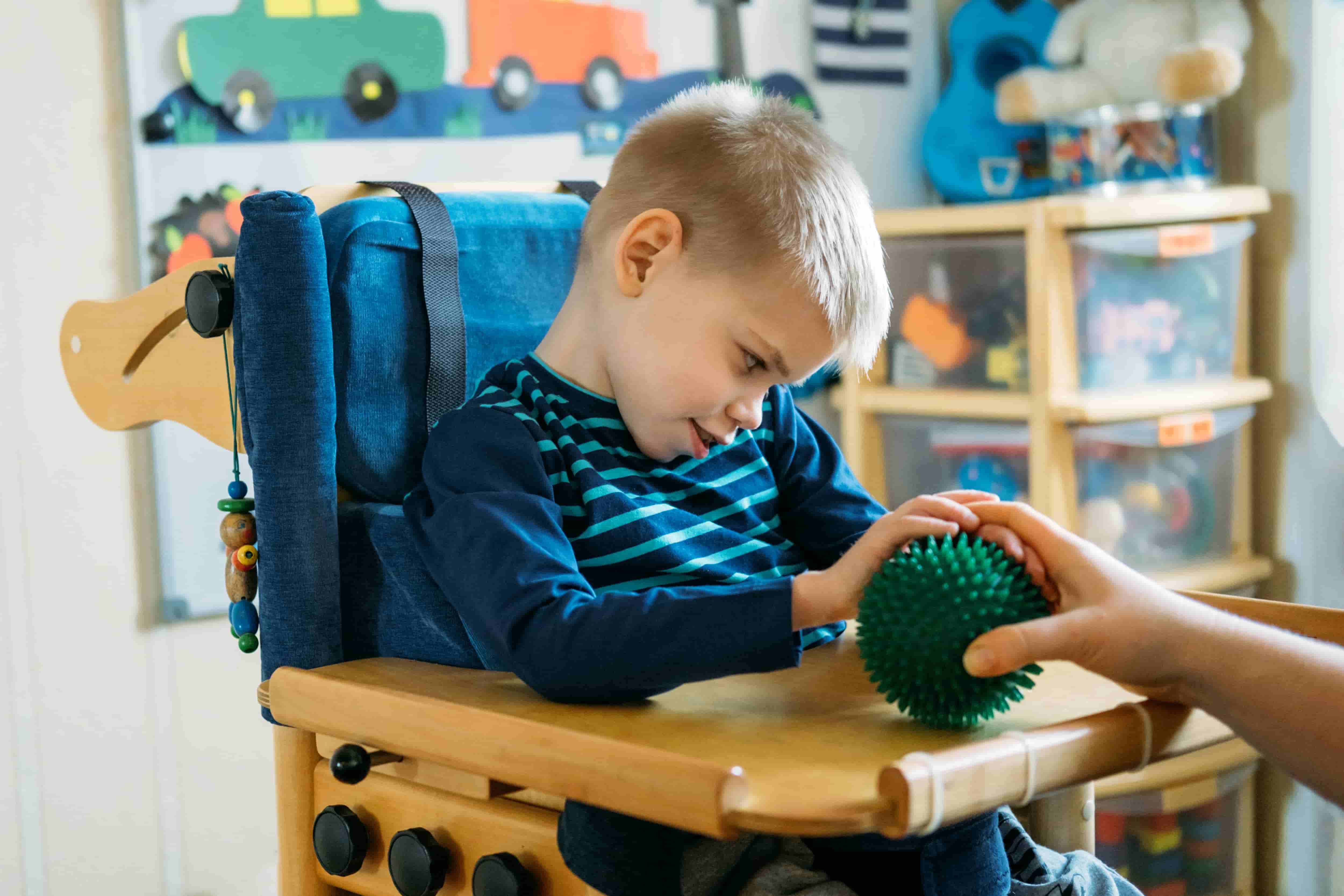
Supporting People with Dysphasia
Raising a kid with special needs, to give the youngster a joyful world and trust in things that society often puts to the sidelines, can be more difficult than it can seem. It is quite difficult for a special needs parent to assist the children create their own world, to make life blissful for them, as special needs create unique demands. However at that point again we don’t abandon ourselves, as bitter trials often turn out to blessings.
Dysphasia sometimes known as Aphasia is a language disorder that influences the capacity to deliver and understand spoken language. It can cause speech, reading, writing and gesturing problems. This communication disability occurs when the communication centers of the brain are damaged.
The most common cause of Dysphasia is cerebrovascular disease, usually caused by stroke, but can also be caused by a head injury, tumors or brain hemorrhage. It can be seen as a disruption in the links between thought and language, and each person with the disorder experiences it differently. Few of them cannot speak at all, some would just have a few words while some cannot read, write or use numbers.
Common symptoms of the disorder include difficulties speaking, difficulties with expression and understanding spoken language. It is also common for people to show up withdrawal from social situations because of the communication problems caused by the disorder. When a person is being tested for Dysphasia, their ability to repeat or produce difficult phrases or tongue twisters can be indicative.
Dysphasia in a person could be receptive, expressive or combined/global:
• Receptive Dysphasia is difficulty in understanding language. The individual can talk fluently, but they often talk with no significance and are unaware of their speech blunders. It is caused by damage to the area in the brain responsible for understanding written and spoken language.
• Expressive Dysphasia is having trouble in assembling words to make meaning. This influences an individual’s capacity to communicate and articulate language intelligently. It is caused by damage to the region of the brain responsible for speech creation called Broca’s area.
• In Combined/Global Dysphasia, the individual experiences issues articulating their thoughts, communicating and understanding language. This type of Dysphasia is caused by widespread damage to the language centers of the brain.
Verbal signs of Dysphasia are:
• Struggling to recollect words and using a limited vocabulary
• Speaking slowly and with great difficulty
• Speaking fluently but in a meaningless manner
• Using bad grammar while forming a sentence and the omission of grammar
Signs of Dysphasia in relation to understanding:
• Difficulty in processing and recollecting long sentences
• Difficulty in comprehending spoken language
• Misinterpretation of sentences
• Difficulty comprehending complex grammar or fast speech
The diagnosis is made only after barring sensory impairment of vision or hearing, perceptual impairment (agnosia), mental impedance (memory), impaired movement (apraxia) or thought aggravation (as in dementia or schizophrenia). Daily activities such as answering the phone, watching television, having a conversation, may suddenly become a source of profound frustration and anxiety both for the person with Dysphasia and for their families.
Dysphasia may have a severe, debilitating effect on the person’s daily life. People with severe conditions of this disorder are likely to show little improvement, but other forms can show rapid improvement. The probability of recovery following a trauma is higher than one following a stroke. Around one-third of people with Dysphasia recover fully within three months, but complete recovery is unlikely after six months.
Chetna Foundation helps people with speech and language therapy in milder cases of Dysphasia to restore and improve speech and language skills with various forms of exercises.
| Tweet |





